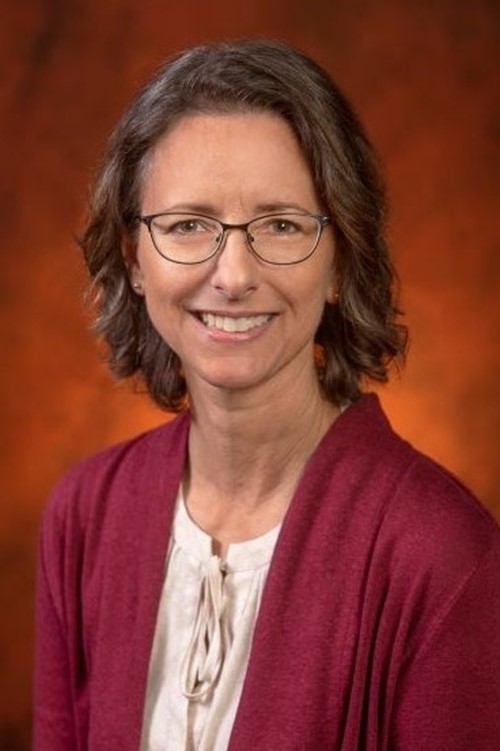In this Issue
| The Innovation Ecosystem |
| Research Revisited |
| Resource Spotlight: The Research Development and Grantwriting Newsletter |
| Return to Issue |
Related Resources

Communicating with Your NIH Program Officer
This article is an abridged version of We don’t bite! Communicating with your program officer, NIH Institute on Aging, May 12, 2021)
Summarized by Beth Hodges| PUBLISHED: November 15th, 2021
If the thought of contacting a program officer (PO) seems unnerving to you, then you are not alone! Many investigators, especially those in the early stages of their career, are hesitant to contact a PO to seek advice or guidance. Here are some tips that will help make your interactions with us smooth and productive.
When should you contact a PO?
To ask questions that you have not been able to get answered online. Investigators often seek information on grants policies and procedures, administrative management, and scientific progress of their awards.
POs can also help if you need broad feedback or advice on finding appropriate funding opportunities and activity codes, submitting a large budget application ($500K or more in direct cost per year), discussing your summary statement once it is released, and post-award updates and ideas for supplemental funding to existing awards.
Preparing to speak to your PO
Here are a few tips to consider ahead of your conversation:
- If you are preparing an initial application, provide a Specific Aims page, including the scientific gap(s) to be addressed, data and methods, and hypotheses. You can also include information about the potential public health impact of your work.
- Try not to “cold call” your PO, who is usually extremely busy and often working around tight deadlines. The PO may not be able to devote the time that your research or inquiry deserves. Emailing to request a scheduled time to discuss your inquiry is the best way to go!
- Discuss your research within the context of NIA’s mission and how your research will advance the field.
One of the best times for investigators to contact a PO is when they are thinking about applying for funding. Researchers and trainees should develop their ideas on paper in the form of a Specific Aims page. That will provide the information the PO will need to help put you on a path to a successful application for funding.
Find the right PO for you!
It is important to connect with a PO who will understand your research area. Visit your institute’s staff page and the appropriate research division to learn more about each PO and find your best contact. Sometimes, POs serve as scientific contacts for funding opportunity announcements (FOAs) supported by NIH Institutes and Centers. If you are interested in a specific FOA, you should speak to the PO listed in the Scientific Contacts section to learn whether your idea is a good fit for the opportunity. NIH Matchmaker is also an excellent resource for investigators who may not have an assigned PO.
In short, please do not hesitate to contact your Program Officer! For more information about contacting a funding agency, please visit ORD’s Contacting a Funding Agency web page.
Contact: Beth Hodges | Director of the Office of Research Development
As Director of the Florida State University Office of Research Development, Beth is responsible for the overall activities conducted by the office. Beth joined the FSU Office of Research in 1997, after serving for several years as a US Congressional staff member. Beth was brought on to assist with federal activities, and, as priorities changed, became increasingly more involved in faculty services.
Meeting and working with faculty to aid them with funding identification and bringing groups together to discuss research interests, she laid the groundwork for what was soon to be a research development effort by the Vice President for Research. In 2013, Beth was tapped to become the director of the new Office of Research Development (ORD). Since its inception until now, ORD has worked with hundreds of faculty to support their efforts to secure extramural research funding and initiate and nurture critical partnerships throughout the institutional research enterprise.




